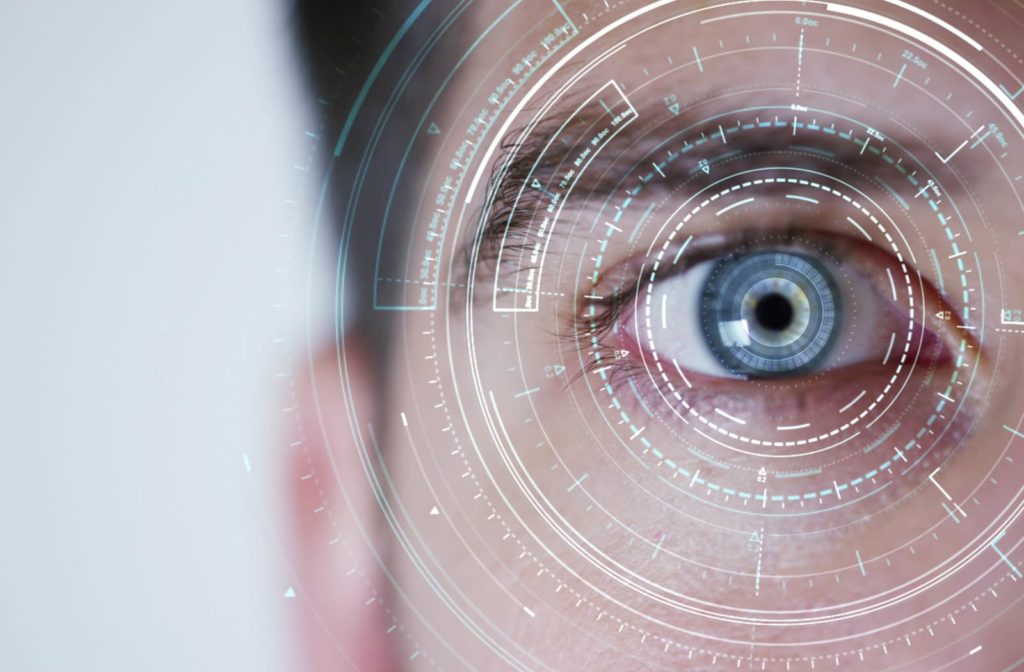Naturally, glasses or contacts aren’t everyone’s first option.

Your eye doctor may recommend laser-assisted in-situ keratomileusis (LASIK) surgery if you want clearer vision without the need for corrective lenses.
LASIK, on the other hand, is not suitable for everyone. While medically altering your cornea can help patients reduce reliance on glasses or contacts, it cannot cure all eye disorders. So if you’re thinking about getting LASIK, we’ve put together a list of things to think about.
Which Refractive Errors Can LASIK Correct?
This popular refractive surgery procedure eliminates the need for contact lenses or glasses. People with intermediate nearsightedness, farsightedness, and astigmatism are frequently good candidates for this surgery. Doctors may also propose this surgery for people who have presbyopia.
How Does LASIK Work?
Laser eye surgery has been performed since 1987, and LASIK has mostly replaced previous procedures. To clarify, not every laser eye surgery is LASIK, but all LASIK is laser eye surgery.
The energy created is the main innovation that has made LASIK the favored approach. The laser employs hyper-focused ultraviolet light to melt specific cells while causing no damage to surrounding areas. As a result, it is referred to as a “cool laser.”
Surgical incisions allow an eye surgeon to fold back the cornea’s top to target precisely mapped corneal tissue behind the outer flap. Then they vaporize excess tissue so that when they fold the corneal flap back down, it conforms to a shape that allows for improved focus.
What Should You Expect with LASIK Surgery?
However, better focus through LASIK surgery can only be achieved on a case-by-case basis. For example, if your myopia is caused by an extended eyeball as a result of glaucoma-related pressure, flattening the cornea will not assist. Therefore, to continue with LASIK, you must first obtain approval from your eye doctor.
Who Isn’t a Candidate for LASIK?
While your eye doctor is the best person to decide, there are specific conditions that make laser eye surgery unsuitable. You may not be a candidate for LASIK if you fall into one of the following categories:
- Under the age of 18
- Several prescription changes within a year
- Myopia, hyperopia, or astigmatism to extremes
- Severe dryness of the eyes
- An overly thin cornea
- Abrasions on the cornea or disease?
- Keratoconus (cone-shaped cornea)
- Glaucoma that has progressed
- A cataract that impairs eyesight
- A history of some types of eye infections
- Diabetes that is poorly managed
- Women who are pregnant or nursing
Before Surgery
Your eye doctor will do a thorough eye exam before LASIK. Checking vision, symptoms of infection, dry eyes, inflammation, high eye pressure, and wide eye pupils are all part of the consultation. In addition, pre-existing diseases, such as dry eye, can occasionally worsen due to LASIK. Therefore your eye doctor pays close attention to how LASIK may influence your eye health.
Doctors at your nearby eye surgery center will also measure each cornea, noting its contour, shape, abnormalities, and thickness. This consultation includes determining how much refractive error you have and whether LASIK can correct your vision.
During the Operation
We recommend you to an outpatient surgery clinic after speaking with our eye experts. Your eye surgeon uses a laser to alter your cornea. The LASIK technique is as follows:
First, you’ll be given some eye drops with a local anesthetic.
Next, your eyelids will be held in place by your surgeon to prevent you from blinking.
They will also place a suction ring on your eye to prevent it from turning away. The ring will exert slight pressure on you.
